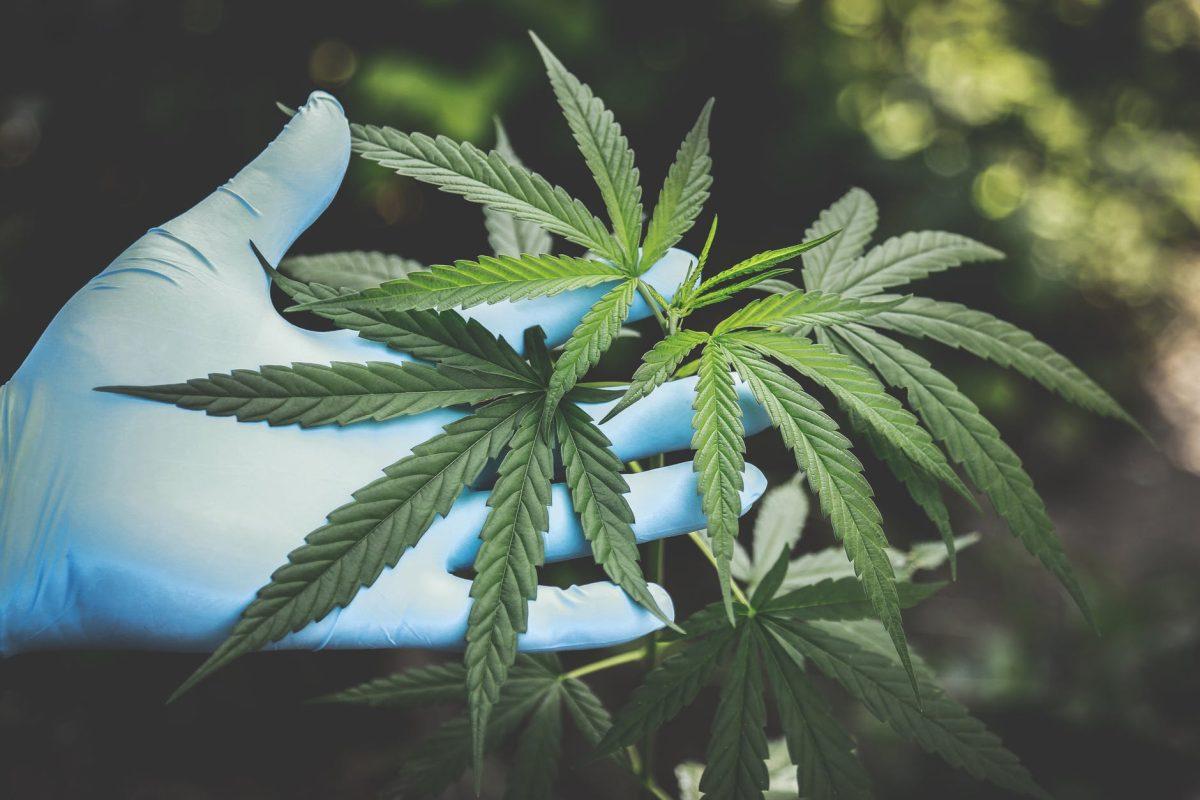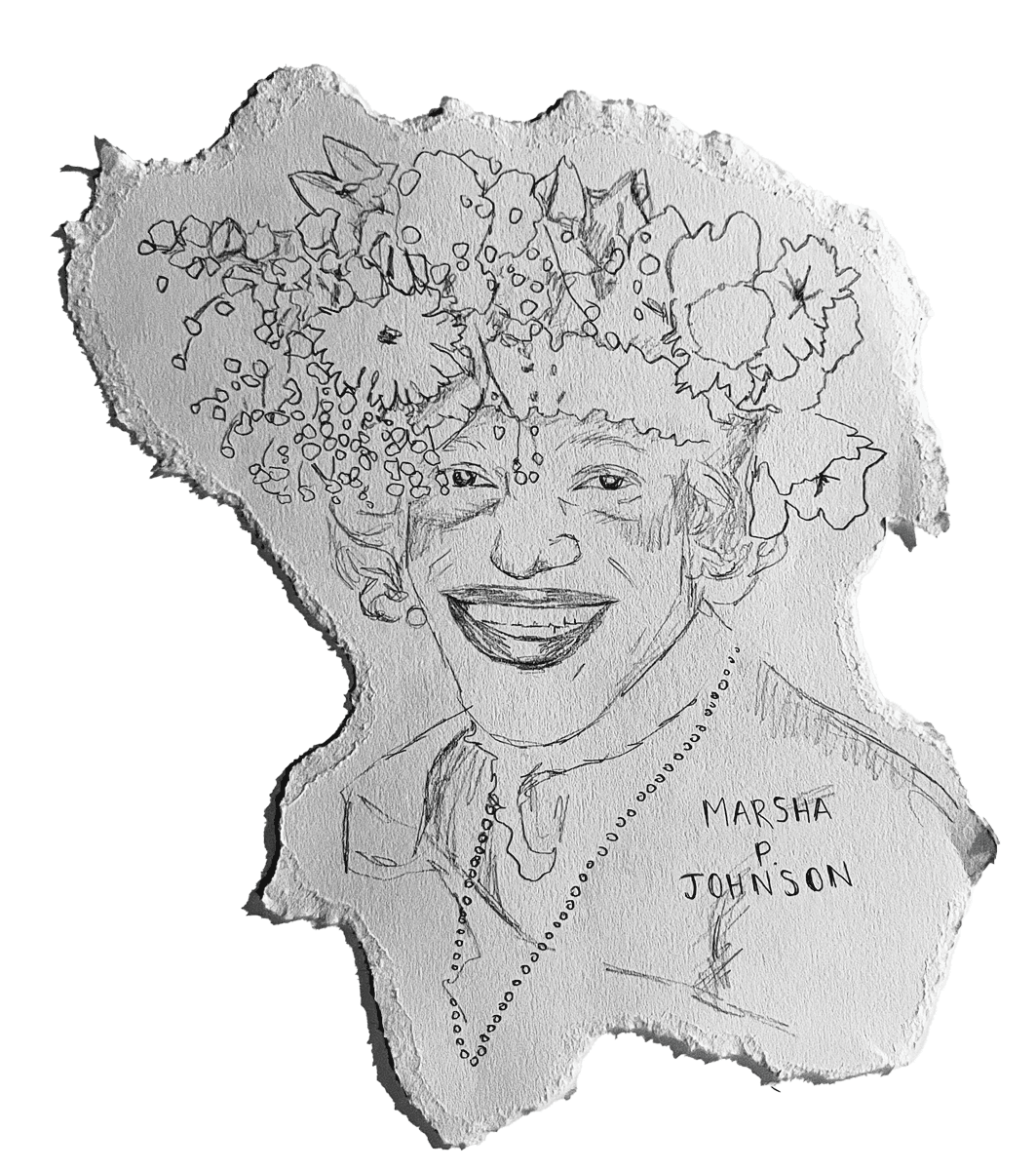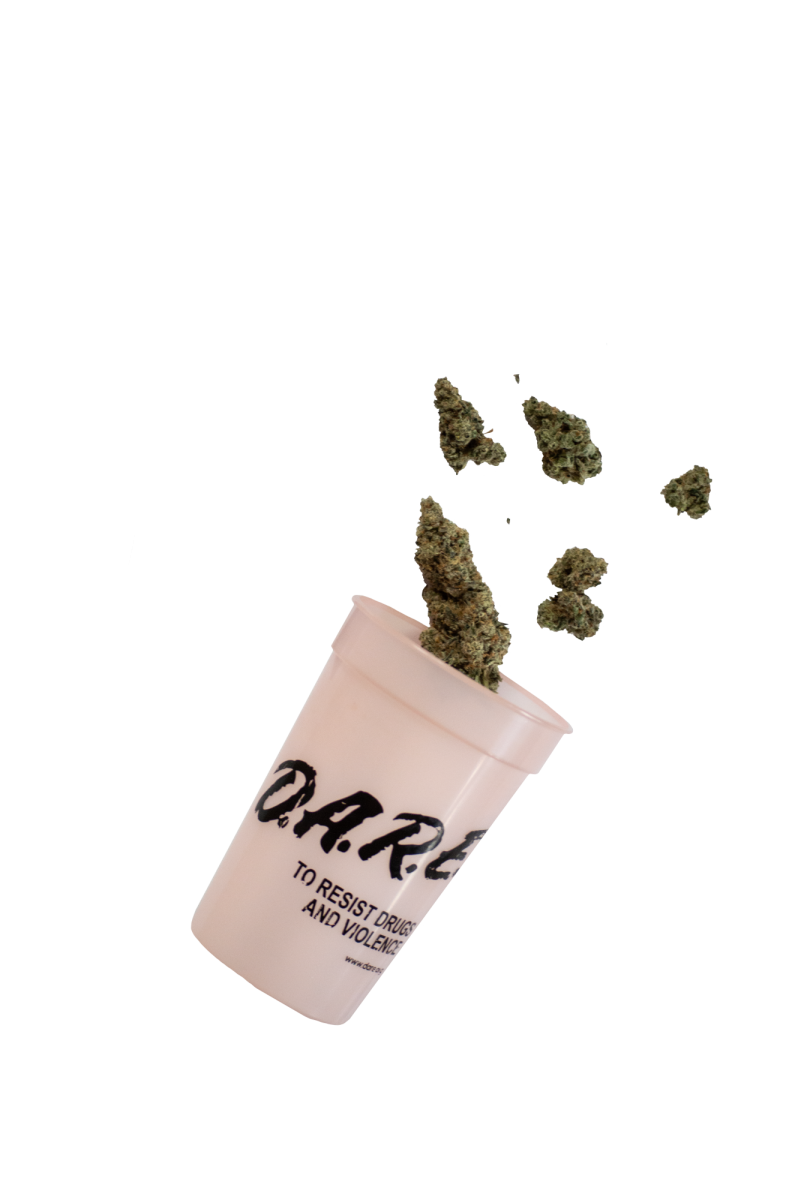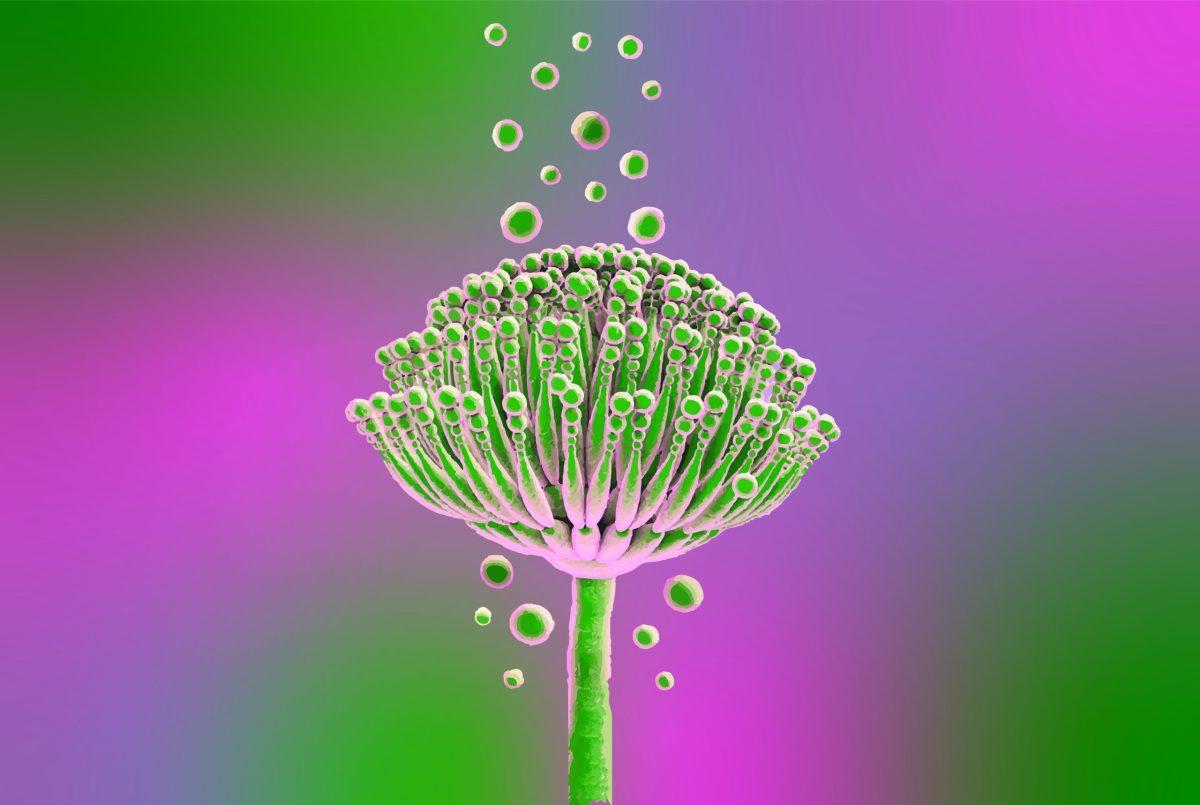Delta-8-THC has gained a lot of popularity recently, with products like vape cartridges and edibles being sold through numerous online sources and even being offered in CBD retail stores across the country. Delta-8-THC, like delta-9-THC, does bind to the CB1 receptor but much less so than delta-9-THC. It is important to remember that just like people’s bodies respond differently to delta-9-THC, they also respond differently to delta-8-THC so we can’t say for sure just how potent of a high it may be producing in some individuals. Research has identified that delta-8-THC does have several benefits, including having anti-nausea, anti-anxiety, appetite-stimulation, pain-relieving and neuroprotective properties.
There can be some confusion regarding the legality of delta-8-THC. When produced by cannabis, delta-8-THC is federally illegal, but when delta-8-THC is derived from hemp it is considered by some to be federally legal. But, there is also the federal Analogue Act which states that if a substance is chemically similar to a Scheduled substance then it can be treated as such. Delta-8-THC is an analog of THC and while it is naturally produced by the cannabis species, it is not typically found in significant levels.
Through a process called “isomerization,” you are able to convert CBD to delta-8-THC or even to delta-9-THC. Without having to go into too much detail, this process involves mixing isolated 99% CBD with an acidic catalyst and heating it. This process may be producing unsafe byproducts that could be harmful to someone’s health. The majority of delta-8-THC on the market is made using this process of isomerization. However, there are currently 11 states that have banned the sale of delta-8-THC; Alaska, Arizona, Arkansas, Colorado, Delaware, Idaho, Iowa, Mississippi, Montana, Rhode Island and Utah.
Oregon doesn’t necessarily regulate online and other storefront sales on the general market, and this may put consumers at risk. However, this is likely to be changing for the state of Oregon as the OLCC recently issued a statement that they will be considering regulating all sales and production of delta-8-THC. In their statement, they mention that although there may be delta-8-THC products on the regulated market currently, this was an oversight on their behalf and delta-8-THC is in fact prohibited under the Division 25 rules due to how they are produced and because it does increase potency.
845-025-3220 General Processor Requirements (3) A processor may not treat or otherwise adulterate a cannabinoid product, concentrate or extract with any additive or substance that would increase potency, toxicity or addictive potential, or that would create an unsafe combination with other psychoactive substances. Prohibited additives or substances include but are not limited to nicotine, caffeine, polyethylene glycol, or any chemicals that increase carcinogenicity or cardiac effects.
It is recommended against obtaining any Delta-8-THC products until more regulations can be implemented. As much as we don’t like the idea of regulations, there are many that have been put in place in order to protect us from the greed of unsavory companies. Overall, more research is needed on the safety of inhaling and ingesting delta-8-THC that was processed from CBD. Because delta-8-THC does show promise for certain ailments, there is absolutely an opportunity for product development when more research can be conducted.








Ted Hutter • Jun 27, 2022 at 7:54 am
Great and Professional article on CBD, and its diferences with the new Delta 8 and HHC cannbinoid products hitting the market.